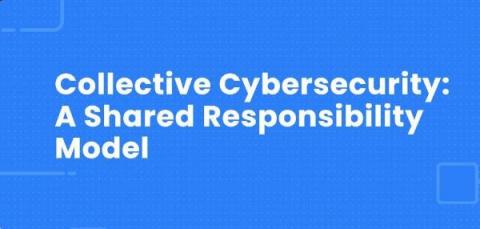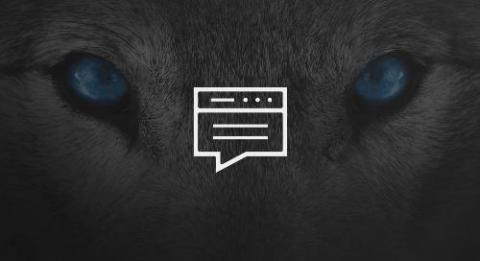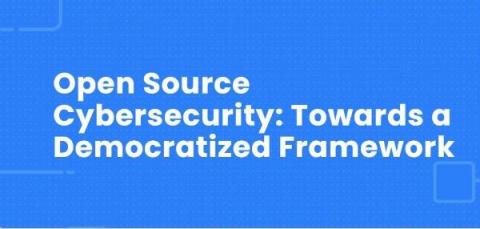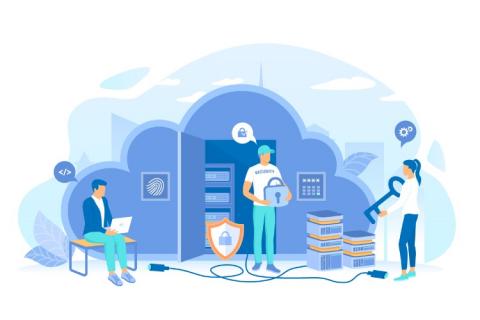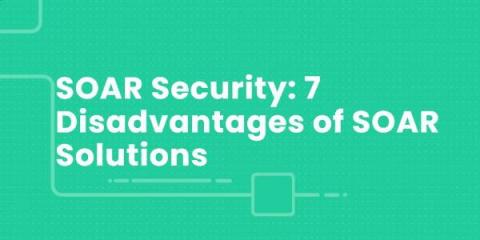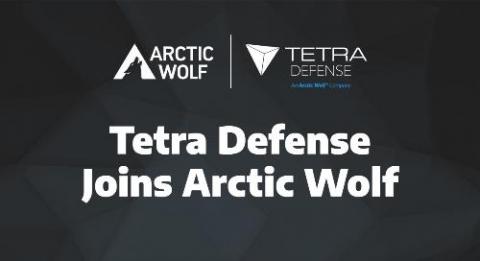Security | Threat Detection | Cyberattacks | DevSecOps | Compliance
Latest News
Collective Cybersecurity: A Shared Responsibility Model
The state of cybersecurity today is, in a word, catastrophic. Breaches have become endemic. Not only do they continue at dizzying rates, but they are actually increasing in frequency by the month. Why are things so bad? And why do businesses seem so helpless to make them better? Those are complicated questions without simple answers, of course – but I believe that a major part of the answer has to do with the fact that, at most organizations, security remains the domain of elite security teams.
Arctic Wolf's Canadian Survey Reveals 2022 Cybersecurity Challenges
Open Source Cybersecurity: Towards a Democratized Framework
Today, anyone can contribute to some of the world’s most important software platforms and frameworks, such as Kubernetes, the Linux kernel or Python. They can do this because these platforms are open source, meaning they are collaboratively developed by global communities. What if we applied the same principles of democratization and free access to cybersecurity?
Top Cyber Attacks of January 2022
2021 Data Breaches in Review: A Glimpse at the Most Damaging Cybercrimes of the Year
Fix the Broken State of Security with a "Security for all" mindset
Which cultural values empower businesses to thrive today? That's an open question, of course. But I suspect most employees, managers, and analysts would include items like collaboration, transparency, and creativity on the list of essential ingredients in business success. Indeed, you could argue that these values are at the core of a variety of modern organizational and technical innovations, from DevOps (which is all about collaboration) to open source software (which centers on collaboration and transparency) and the creator/maker movement (which is, of course, all about creativity).
SOAR Security: 7 Disadvantages of SOAR Solutions
We’ve said it before, and we’ll say it again: Security Orchestration, Automation and Response (SOAR) platforms are great tools for helping teams work smarter, faster, and more efficiently against security risks. But, used on their own, SOARs are far from perfect for meeting the full security needs of the modern organization.



